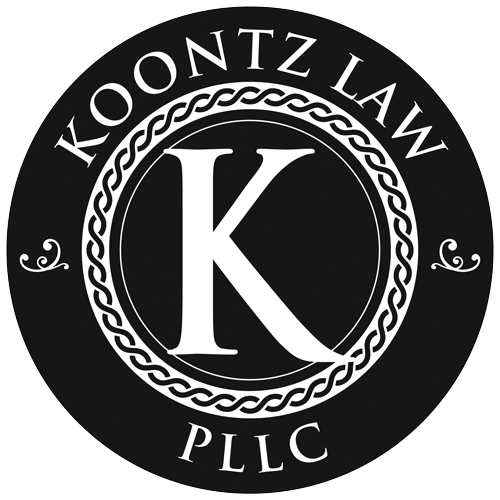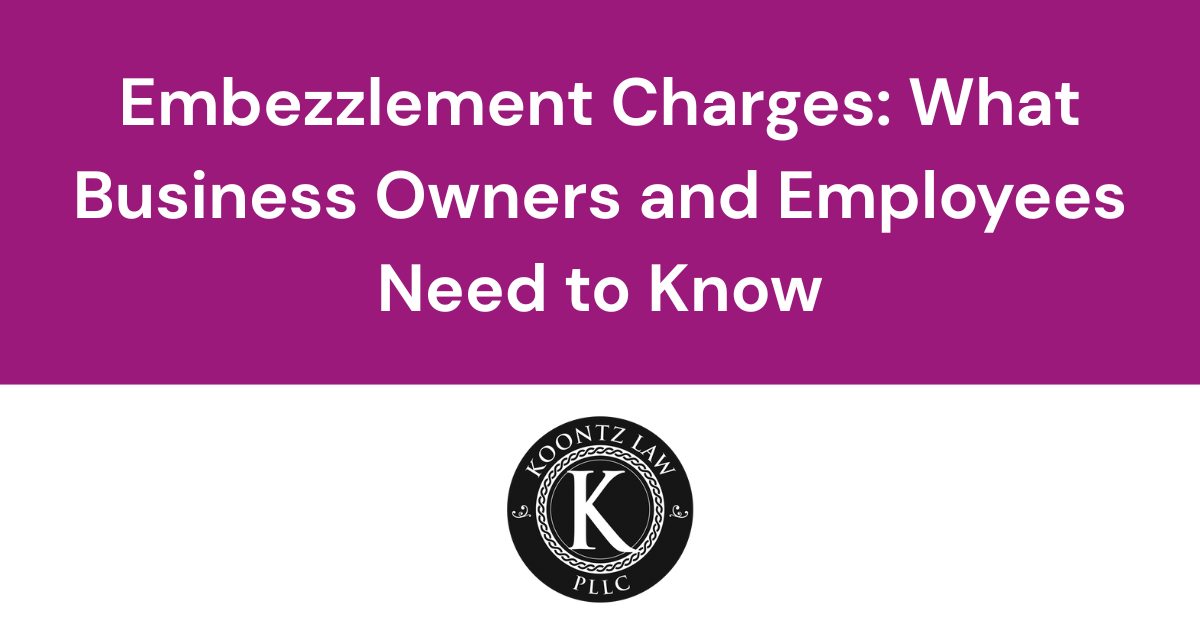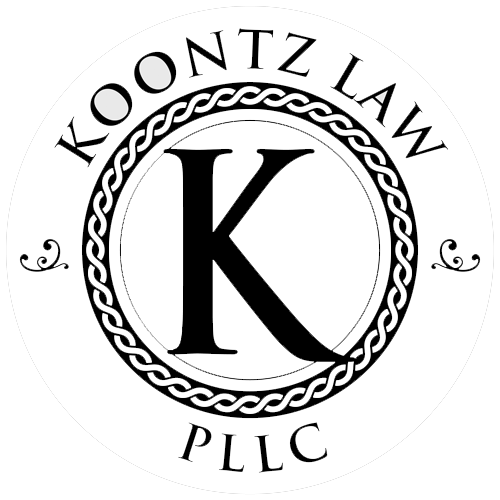What to Expect After a DWI/DUI Arrest in North Carolina
Being arrested for DWI (Driving While Impaired) or DUI (Driving Under the Influence) in North Carolina can be overwhelming and frightening. Whether it’s your first offense or a repeat charge, understanding what lies ahead is essential to protecting your rights and preparing for the legal process. At Koontz Law, PLLC, we are here to provide clear, compassionate guidance to help you navigate the road ahead with confidence.
Immediate Consequences of a DWI Arrest
1. License Suspension
After a DWI arrest, your driver’s license may be suspended immediately if you refuse a chemical test (breath, blood, or urine) or if your blood alcohol content (BAC) is 0.08% or higher (0.04% for commercial drivers, and any amount for drivers under 21). This is known as a Civil Revocation and typically lasts for 30 days.
2. Administrative and Criminal Proceedings
You’ll likely face two separate legal processes:
It’s important to note that these processes can occur simultaneously, and the outcomes of one do not necessarily affect the other.
The Legal Process: Step-by-Step
Step 1: Booking and Release
Following arrest, you may be booked into jail and held until sober or until bond is posted. Conditions of release may include not drinking alcohol or complying with a pretrial monitoring program.
Step 2: First Court Appearance (Initial Appearance)
This typically occurs within a few days of arrest. The judge will inform you of the charges, your rights, and set any bail conditions if not already addressed.
Step 3: Legal Representation
Hiring an attorney as early as possible is critical. An experienced DWI lawyer can evaluate the facts, review police procedures, and build a strong defense strategy. At Koontz Law, PLLC, we ensure no detail is overlooked in protecting your rights.
Step 4: Pretrial Motions and Hearings
Your attorney may file motions to suppress evidence or challenge the legality of the stop, arrest, or testing procedures. If successful, parts of the prosecution’s case may be excluded.
Step 5: Trial or Plea
Depending on your case, you may choose to go to trial or negotiate a plea agreement. Trial outcomes can range from acquittal to conviction, while plea deals may reduce charges or penalties.
Step 6: Sentencing
If convicted, sentencing will depend on several factors, including prior offenses, BAC level, presence of minors in the vehicle, and whether any accidents occurred. Penalties may include:
Potential Long-Term Consequences
Even a first-time DWI conviction can have lasting effects on your life:
Your Rights After a DWI Arrest
In North Carolina, you have rights that must be protected throughout the legal process:
Don’t assume guilt—procedural errors, faulty testing equipment, or lack of probable cause can all provide grounds for defense.
How Koontz Law, PLLC Can Help You After a DWI Arrest
At Koontz Law, PLLC, we understand the stress and uncertainty that follows a DWI arrest. Our experienced legal team proudly defends clients across Davie County and the Piedmont Triad, providing personalized, nonjudgmental representation tailored to your unique situation. We are committed to helping you understand your options, developing an effective defense strategy, and fighting for the best possible outcome. The sooner you seek legal guidance, the better your chances of protecting your rights and minimizing the consequences. Contact Koontz Law, PLLC today for a confidential consultation and take the first step toward securing your future.











